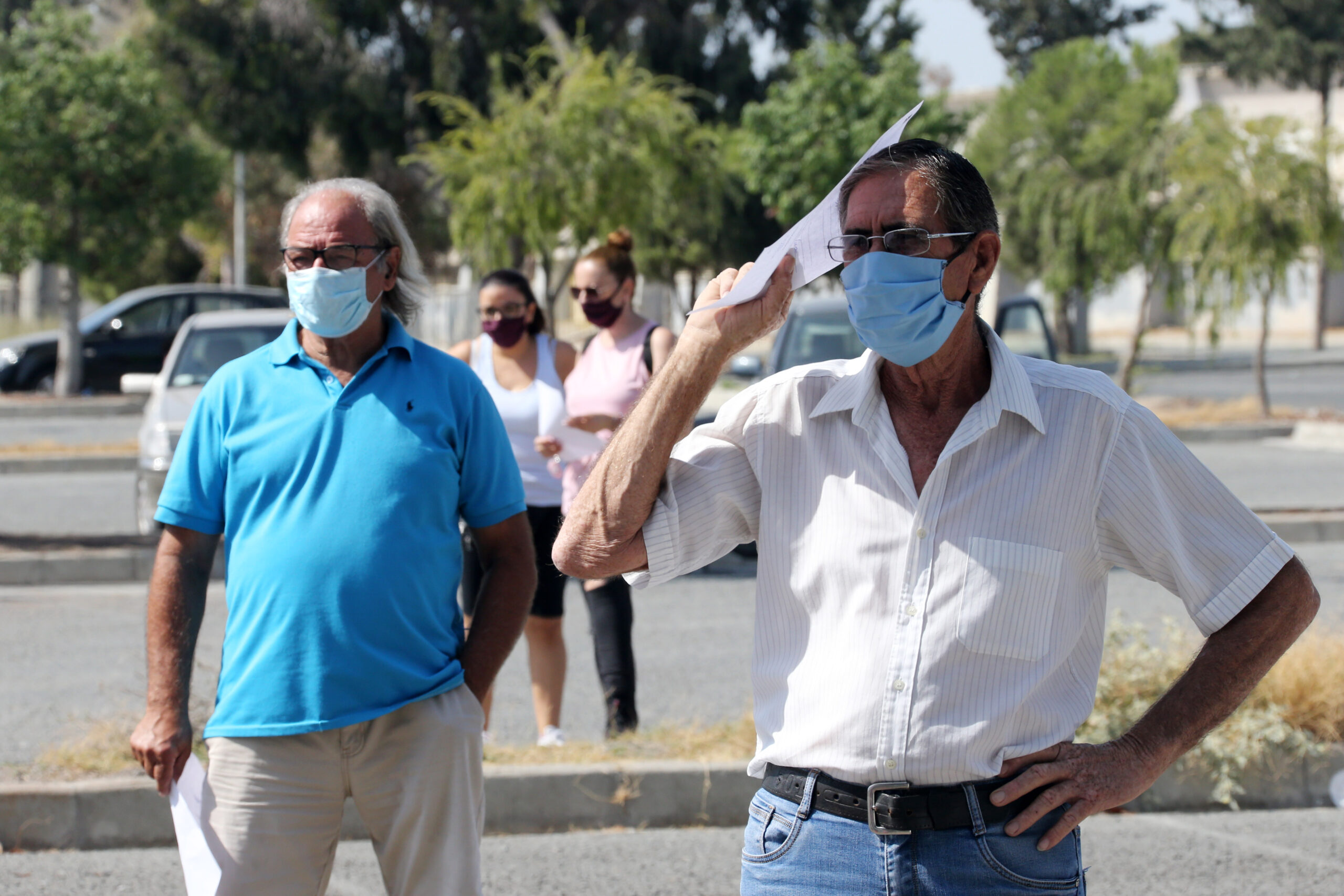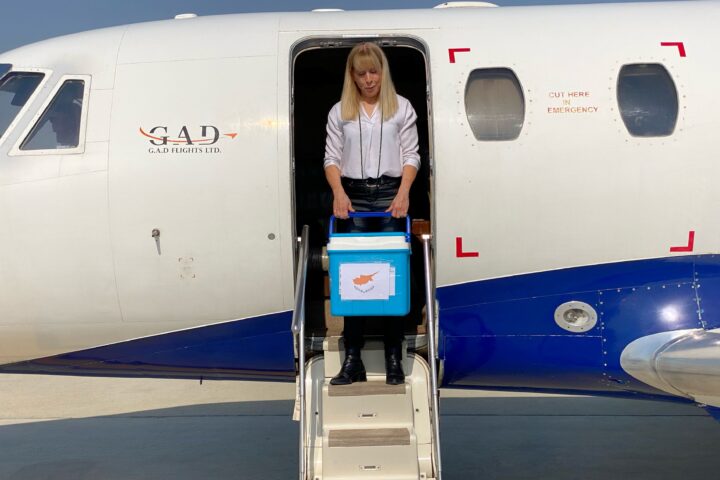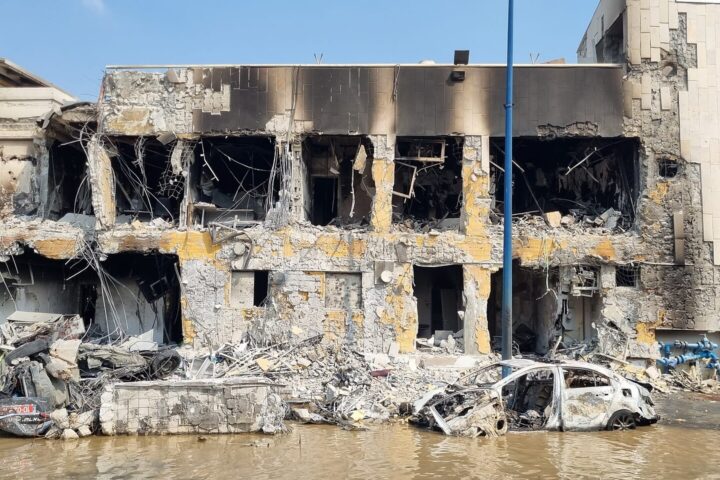We thought we had made our escape from the ravages of COVID-19, no longer looking over our shoulders and keeping our distance.
The restrictions came tumbling down, no more Safe Pass, face masks or passenger locator forms.
It was with a sigh of relief that we believed the worst pandemic in 100 years had run its course – it got tired of killing.
As we drove away from the carnage after two years of lockdowns, the virus was in our rear-view mirror while we changed gear on the road to normalcy.
There was a public wave of free-abandon back to the business of crowded places and spaces – carefree mingling.
Face masks were dropped quicker than a shooting star; sanitisers were discretely positioned but unused.
On we marched to wedding receptions, birthday parties, bars and nightclubs.
Our COVID conscience also quickly vaporised; no more worrying about the next jab, doing a self-test before mingling, or keeping our hands clean.
It seemed our cloak of pandemic paranoia that kept us alert, safe and on our guard had vanished.
The mask wearer is a rare spotted breed in supermarkets or shopping malls.
I, too, am guilty of disregarding the need for a face covering when frequenting the shops (not a common theme).
Human nature is to believe that everything is random; there is no method through the madness.
Masks look anachronistic in our new world of hedonistic endeavour, where we can socialise again without fear of infection.
But another clusterbomb to our confidence is in the pandemic-delivery stage.
Subvariants
Well, the party’s over, the Omicron sub-variants are here, and they’ve been training overtime to breach our immunity wall.
Experts believe the latest sub-variants may have evolved to target the lungs, prompting fears the next wave of COVID is upon us.
Cases in Cyprus have doubled over the last week while the test positivity rate is at a year-high of 9.77%, and the trend is upward.
Anecdotal evidence suggests most of us know someone who has been infected recently, especially after going to an event.
The World Health Organisation has been investigating Omicron sub-variants BA4 and BA5 to assess whether they are more infectious or dangerous than their predecessor.
There is growing consensus they are fueling the new wave of infections, and they are similar to the potent variants Alpha and Delta
The propensity of earlier Omicron variants to prefer infecting non-lung tissue may be one reason infections tend to be milder in most people.
Scientists fear these newcomers could be more harmful, although hospital admissions at the moment don’t suggest that.
But it is argued that BA5 causes more severe symptoms as it affects the lower respiratory system and is more efficient in evading vaccine efficacy and natural immunity acquired from a previous infection.
That’s a dangerous combination, but Covid-19 vaccination is still expected to provide substantial protection against severe disease, and vaccine makers are updating shots for a stronger immune response.
Studies indicate that the levels of neutralising antibodies that a previous infection or vaccinations elicit are several times lower against the new subvariants than the original coronavirus.
These variants can trigger surges of infections despite a population’s high level of vaccine immunity which Cyprus has.
Nevertheless, the jab should offer a shield against severe disease.
What we hoped would be a summer of travel and leisure will be littered with COVID waves as the variants circulate like wildfire.
BA4 and BA5 are the fastest spreading variants recorded, and they are expected to dominate in Cyprus and Europe within the next few weeks.
COVID is still up for the fight, and it is relying on our complacency to do maximum damage.
We haven’t got in front of the pandemic just yet, and the government says it is not currently considering re-introducing measures such as vaccination documents and face masks indoors.
In all honesty, it feels the authorities aren’t taking this new threat seriously as the economy is wobbling, tourism is on shaky ground, and the cost of living crisis bites.
There is no walking away from this fight; the authorities must re-energise their testing and surveillance regime.
Encouraging people to self-test, start planning booster campaigns for the autumn and keep investing in public health.
Coronavirus has not surrendered; it’s not going anywhere.
We need to be ready to protect health services while avoiding draconian lockdowns.










